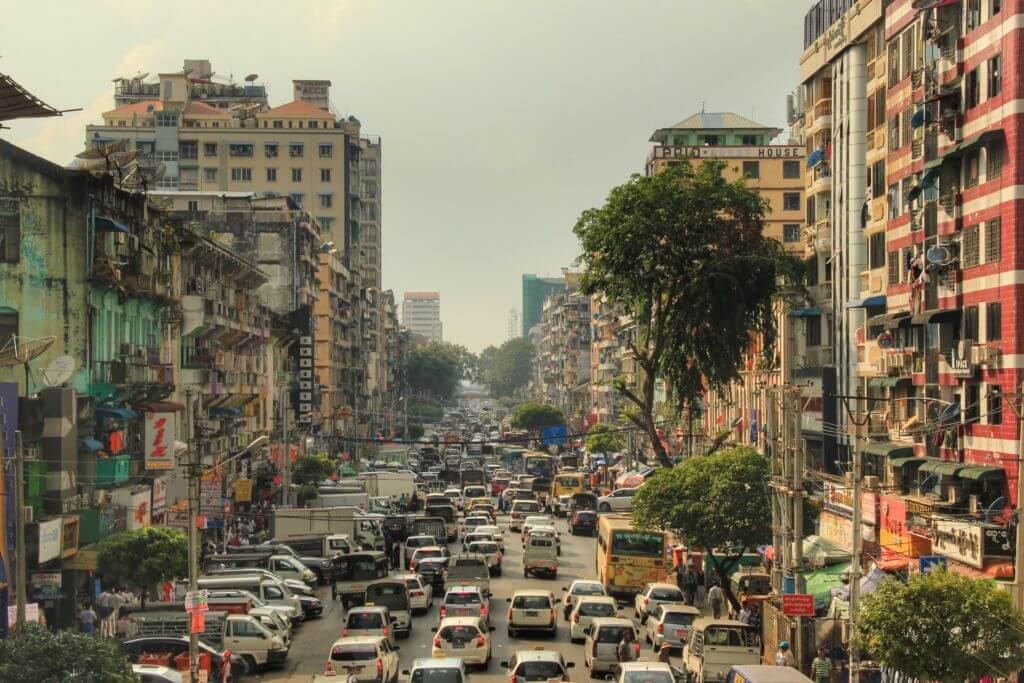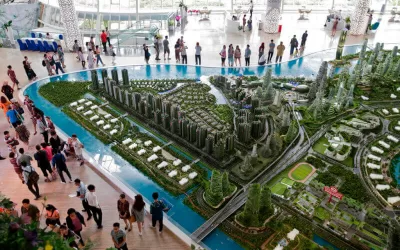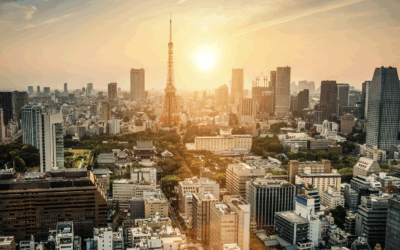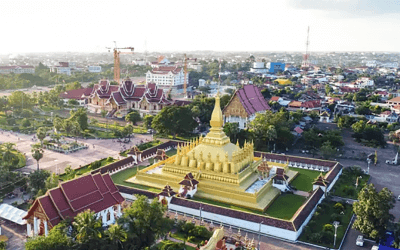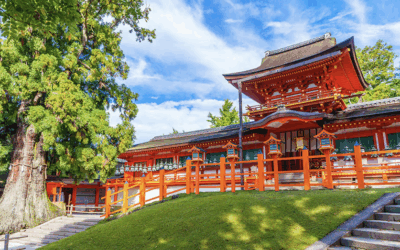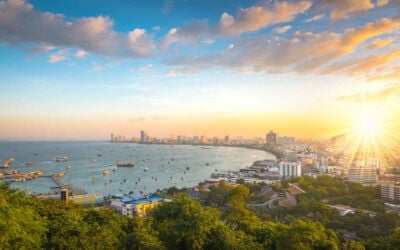Last updated August 16th, 2022.
A fresh coup certainly didn’t help the Yangon property market.
Myanmar is apparently open to foreign investment once more with pandemic restrictions now lifted. Yet unfortunately for local developers and other stakeholders, nobody was waiting to buy property in Yangon.
Early last decade, real estate values in Myanmar’s former capital city skyrocketed as demand outstripped supply. A main cause of rising prices were dozens of foreign businesses expanding into Yangon. Of course, that would naturally boost demand for office space.
However, local property developers didn’t see all this coming. A lack of quality office space led to a massive surge in prices. In fact, Yangon is currently among the most expensive cities in the world to lease prime commercial real estate.
Myanmar’s real estate boom already happened though. Developers recently built enough units that market equilibrium for quality office space is almost achieved.
With supply overtaking demand, and political instability ripe, the previously optimistic future for Yangon’s property market isn’t as hopeful anymore.
Why is the Yangon Property Market Weak?
Real estate buyers who entered the market five or ten years ago are probably happy with their decision to invest in Myanmar, considering the substantial capital appreciation since then.
Yet potential investors are thinking twice before they enter Asia’s last frontier market, and are looking at nearby countries such as Cambodia and Laos as alternatives.
Myanmar’s recent downfall was caused by numerous factors. But they can be boiled down to two main reasons. Firstly, an unpredictable real estate market from a lack of political stability. Secondly, a large number of locals who feel discouraged about making property purchases.
Political issues played an important role in the Yangon real estate market, which led to a halt in the city’s property boom even prior to 2020. Thus, analysts are judging the new military government’s actions closely.
Crackdowns on protestors, an ongoing general strike, along with the trial of Nobel Peace Prize winner and ousted head of government Aung San Suu Kyi are all on the must-watch list.
However, it’s unlikely that the underlying issues behind Myanmar’s political instability will be resolved anytime soon, if at all.
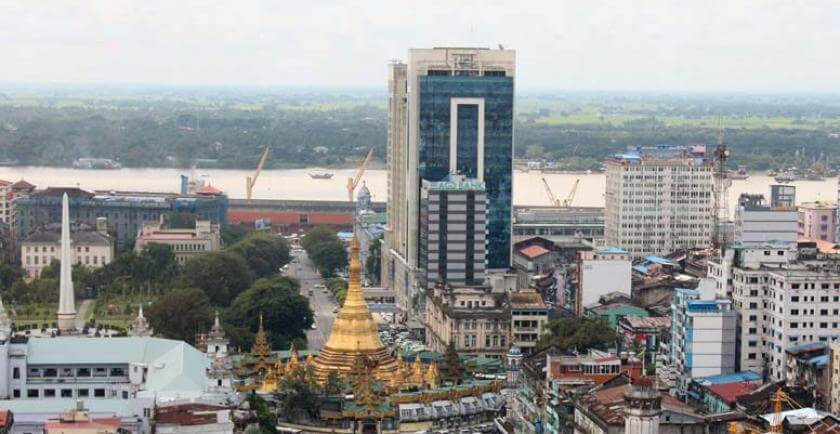
Despite ranking among Asia’s least developed nations, commercial property prices in Myanmar are among the region’s most expensive on paper.
Nobody is Buying Real Estate in Yangon
Myanmar’s political situation led to an unstable real estate market. But willingness to purchase property has also decreased overall because of two main reasons.
First, the living standards in Myanmar are still not great – quite poor, actually. This hinders the property market. Especially when foreigners rank living standards among the most important factors when looking for a new country to live in.
Strict regulations stop easy ownership of property in Myanmar, and there’s also a distinct lack of modern infrastructure. Much of Yangon still uses infrastructure that the British left – roads, railways, power and water supply dating back more than 50 years.
Secondly, buyers can never be sure of their purchases. This applies especially to both ongoing and future projects. Myanmar banks lack capitalization due to an outdated financial system.
As such, banks in Myanmar are frequently unable to give loans to property developers. Smaller developers must usually finance their own construction with deposits they receive from unit sales.
What’s the danger from all this? In some cases, construction projects abruptly halted when developers failed to meet their sales targets. The housing and condo developments were indefinitely stalled or cancelled afterwards.
Even though Myanmar “opened up” (before shutting back down again), they still must bring their real estate sector up to regional standards.
Currently, foreign investors are better off buying property in nearby frontier markets like Cambodia and Vietnam instead.
Skip the Next Western Recession
Learn the best places to invest - and where to avoid - by downloading our free Investment Cheat Sheet.

